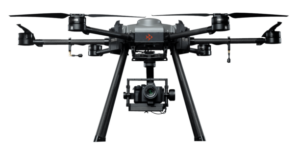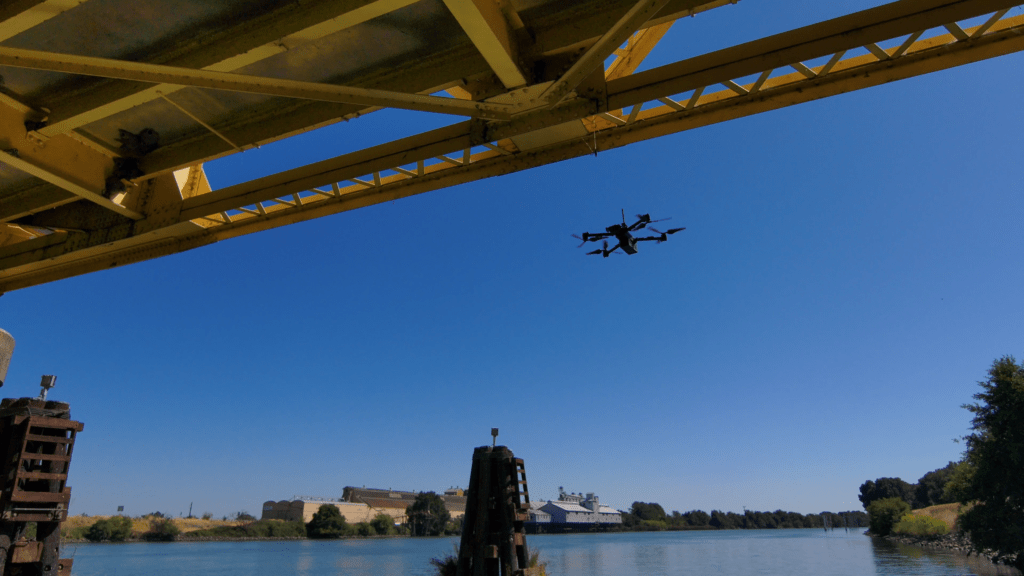 Congress is again debating the Drone Infrastructure Inspection Grants Act, which funds drone technology and training to support the president’s infrastructure development package.
Congress is again debating the Drone Infrastructure Inspection Grants Act, which funds drone technology and training to support the president’s infrastructure development package.
Continue reading below or listen:
HR 3595Introduced by Rep. Greg Stanton (Democrat-Arizona) and Rep. Garrett Graves (Republican-Louisiana), 2021 HR5315passed the House of Representatives, no progress in the Senate last year. This grant supports the drone industry in a number of ways, including recognizing that drone technology brings significant efficiencies to infrastructure inspection. The law provides state, local, and tribal governments with funding to purchase or contract approved drone technology to “conduct critical infrastructure inspection, maintenance, repair, and construction projects.” Rep. Stanton’s press release stated in HR 5315.
“Drones are a common-sense tool for inspecting the most difficult-to-access parts of infrastructure,” Stanton said. “It’s safer, faster, and more sustainable. These grants will help state, local, and tribal governments invest in this cutting-edge technology and better manage their aging infrastructure.” It helps a lot.”
Additionally, the DIIG Act will fund higher education institutions, including community colleges, to develop drone workforce training.This is the FAA UAS University Training Initiative.
Michael Robbins, Chief Advocate Officer, International Unmanned Vehicle Systems Association (AUVSI), said the DIIG Act will help the U.S. drone industry remain competitive.
“Drones are relied upon as essential tools for critical operations such as infrastructure inspections, and their role will continue to grow as technology advances further. needs to invest in supporting the drone industry and expanding its workforce,” Robbins said. “The DIIG Act will provide states with subsidies to fund the acquisition and utilization of secure drones for infrastructure inspections and to train their workforce to perform these critical tasks, allowing both achieve the goal of
“The U.S. cannot fall behind in the drone industry’s ability to attract capital, investment and labor,” Robbins said. “Congress should pass this common-sense law to level the playing field for the U.S. drone industry and encourage the infrastructure and workforce benefits that the DIIG ACT will bring to communities across the country. ”
read more:
Miriam McNabb, editor-in-chief of DRONELIFE and CEO of professional drone services marketplace JobForDrones, is a keen observer of the emerging drone industry and drone regulatory environment. Miriam is an international speaker and industry recognized figure, with his 3,000+ articles focused on the commercial drone space. Miriam has a degree from the University of Chicago and he has over 20 years of experience in high tech sales and marketing new technologies.
For drone industry consulting or writing, email Miriam.
twitter:@spaldingbarker
Subscribe to Drone Life here.
